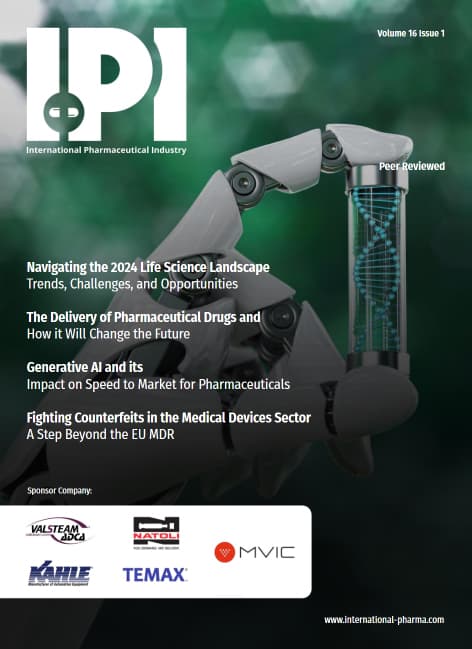Patients with a life-limiting skeletal condition welcome the availability of elosulfase alfa on the NHS
The National Institute for Health and Care Excellence (NICE) has published final draft guidance recommending elosulfase alfa for routine use in the NHS, treating mucopolysaccharidosis type 4A (MPS 4A) – a rare metabolic condition that primarily affects the skeleton.
Elosulfase alfa – branded as Vimizin and made by BioMarin – is now the first disease-modifying treatment recommended by NICE for routine NHS use for people with this rare, severely life-limiting condition.
Helen Knight, acting interim director of medicines evaluation at NICE, said: “The arrangement to give access to elosulfase alfa while further data was collected on its clinical and cost-effectiveness was the first of its kind to have been attempted in the NHS in England. Today’s announcement demonstrates the value of this approach, with patient groups, clinicians, academics, companies, NICE and NHSE all working together to improve the lives of people with rare diseases.
MPS 4A (also known as Morquio A syndrome) is an autosomal recessive genetic condition that causes growth delays, a prominent lower face, hip dislocation and arthritis, concern for a spine abnormality and an abnormally short neck.
“This is a hugely significant milestone for people with this debilitating, genetic condition, who will now be able to access this first of its kind treatment for Morquio A syndrome routinely on the NHS after we struck a deal that is affordable for the taxpayer,” NHS medical director Professor Steve Powis, explained. “It means this revolutionary drug, which works by replacing a missing enzyme that is needed to break down sugar, will help almost 100 children a year, giving them and their families real hope of better quality of life.”
Bob Stevens, group chief executive at the Society for Mucopolysaccharide Diseases (MPS Society), added: “Today we celebrate the news that NICE has recommended elosulfase alfa for routine use as a therapy for MPS IVA Morquio. It has been a long and at times difficult journey, but due to the willingness of all parties to find innovative solutions, and the pivotal role the MPS Society has played, the long-term future of many within our MPS IV community has been greatly improved.”

























